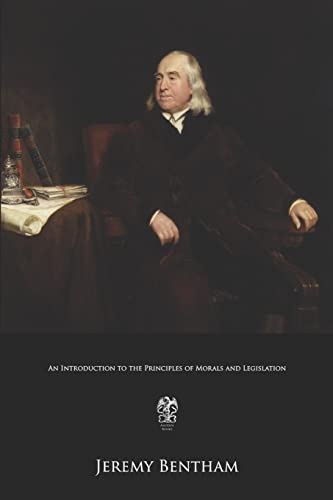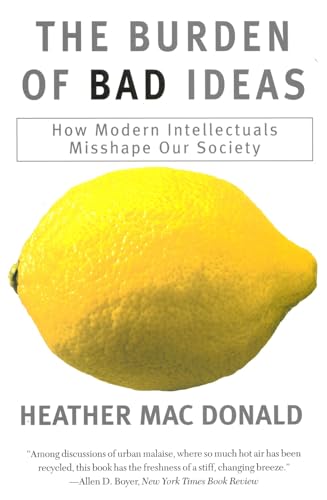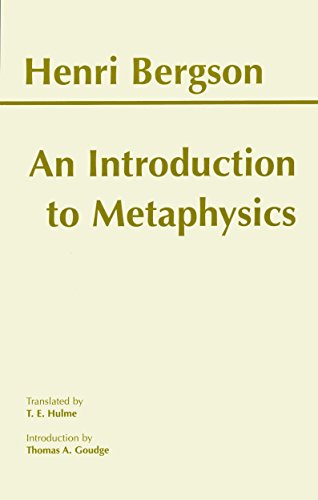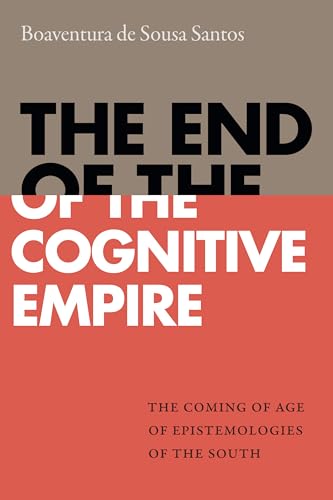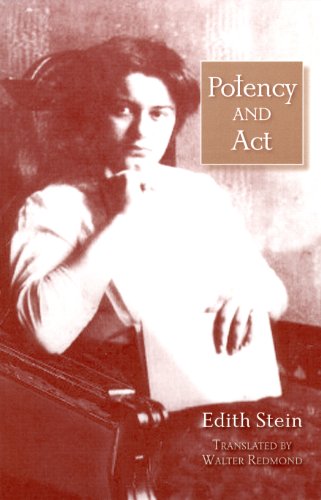
Author: Edith Stein
Price: $29.95
Category:Philosophy
Publication Date:2009-03-31T00:00:01Z
Pages:576
Binding:Paperback
ISBN:10:0935216480
ISBN:13:9780935216486
Potency and Act is the second of three works in which Edith Stein said she endeavored to fulfill her “proper mission’ in philosophy, her “life’s task”: relating the phenomenology of her teacher Edmund Husserl and the scholasticism of St. Thomas Aquinas. But more than “critically comparing” the two ways of thinking, she wished to “fuse” them into her own “philosophical system,” searching for that perennial philosophy lying “beyond ages and peoples, common to all who honestly seek truth.” More Information Edith Stein was a Jewish phenomenologist who became a Catholic after reading the autobiography of St. Teresa of Jesus and entered the order of Discalced Carmelites founded by the saint. Stein died in Auschwitz in 1942 and was herself canonized in 1998 as St. Teresa Benedicta of the Cross. Her philosophical thinking had been formed by Husserl, but she came to “find a home in Aquinas’s thought world.” In Potency and Act she “aimed to get from scholasticism to phenomenology and vice versa” and “allow the two ways of doing philosophy to come to resolution within herself.” The first of the three works in which she carried out her mission was a play where Husserl and Aquinas appear on stage to discuss their agreements and differences (in Knowledge and Faith, ICS Publications, Edith Stein’s Collected Works, vol. 8). The second, Potency and Act, was written in 1931 but published for the first time in 1998. The third was her major work, Finite and Eternal Being, written around 1935 and also published posthumously, in 1950 (Collected Works, vol. 9). Potency and Act is complementary to Finite and Eternal Being, for they are quite different in content. The approach to the study of being in Potency and Act is “modal” as the title implies; her treatment of possible worlds and of form prescribing possibilities relates to phenomenological themes and also to recent developments in logical semantics. Philosophy of religion, of course, is a central concern. We reach God not only through faith and contemplation, she says, but “by thinking,” using “logical reasoning” both from the world without (as in St. Thomas) and from the world within (“the way of St. Augustine”); indeed, God’s existence is also a “purely formal conclusion.” Her many searching analyses are suggestive in their own right: on human freedom, temporality, self-knowledge, individuality, evolution (which she “fits into the “scholastic world view”), atheism, eschatology.


